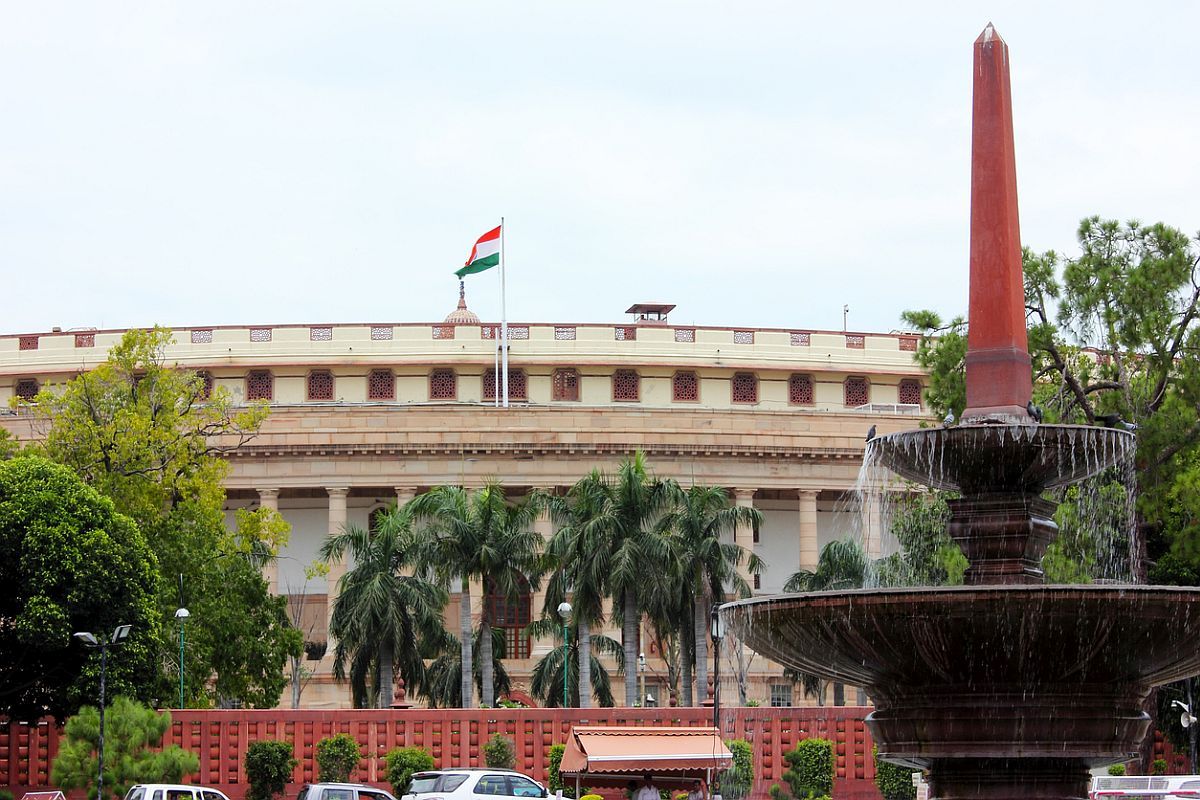The Foreign Contribution (Regulation) Amendment Bill, 2020, passed by Parliament on Wednesday, makes drastic changes to the FCRA Act, 2010, enacted by the Congress-led United Progressive Alliance government.
It was brought in to regulate acceptance and utilisation of foreign contributions by individuals, NGOs and companies. There has been a long pending demand from members of the ruling party to change the Act, but surprisingly the Bill to replace the ordinance on the subject was introduced without any fanfare.
The draft Bill was not in the public domain till it was introduced in the Lok Sabha on 20 September. Neither the public nor any of the stakeholders were consulted. The amended Act mandates that all foreign contributions must be received only in a FCRA account in a State Bank of India branch in New Delhi to be notified later. Asking about 20,000 charitable organisations around the country to move their FCRA accounts to SBI in Delhi is hugely disruptive. Many will not be able to operate these accounts properly as the home branch will be far away from Delhi, many in rural and semi-urban areas with poor connectivity.
Advertisement
Not only that, organisations will have to provide details of Aadhaar cards of all their office-bearers, directors and key functionaries to the government, supposedly to add accountability of all actors involved in FCRA activity.
This goes against the Supreme Court ruling on the use of Aadhaar. While some NGOs have played dubious roles, it is unfair to tar all of them with the same brush; it may even be unbecoming of the government to clip the wings of organisations that performed yeoman service in fighting the dreaded Covid-19 pandemic and bringing much needed succour to millions of displaced people.
By assuming that all NGOs receiving foreign funds are guilty until proven otherwise, and by limiting administrative expenses to 20 per cent, the Act restricts expenditure on, for instance, filing Public Interest Litigations. According to the rules framed under the FCRA Act, administrative expenses include all salaries, except for school teachers, doctors, field researchers and trainers.
This means salaries of outreach workers, field staff who support villagers and rural communities may also be counted as administrative expenses. This amendment will impact payment of salaries, professional fees, utility bills, travel and other such expenditures. While NGOs engaged in dubious charitable activities ~ by no means a small number ~ must be weeded out, the Government must take care to ensure it does not throw the baby out with the bath water. In addressing lacunae in existing systems of governance and regulations, the amended law has not thought through consequences of the drastic changes made in the Act.
The government must recognise the diversity of NGOs which include world class science and research organisations. Their competitiveness and creativity should not be crushed.
Advertisement











